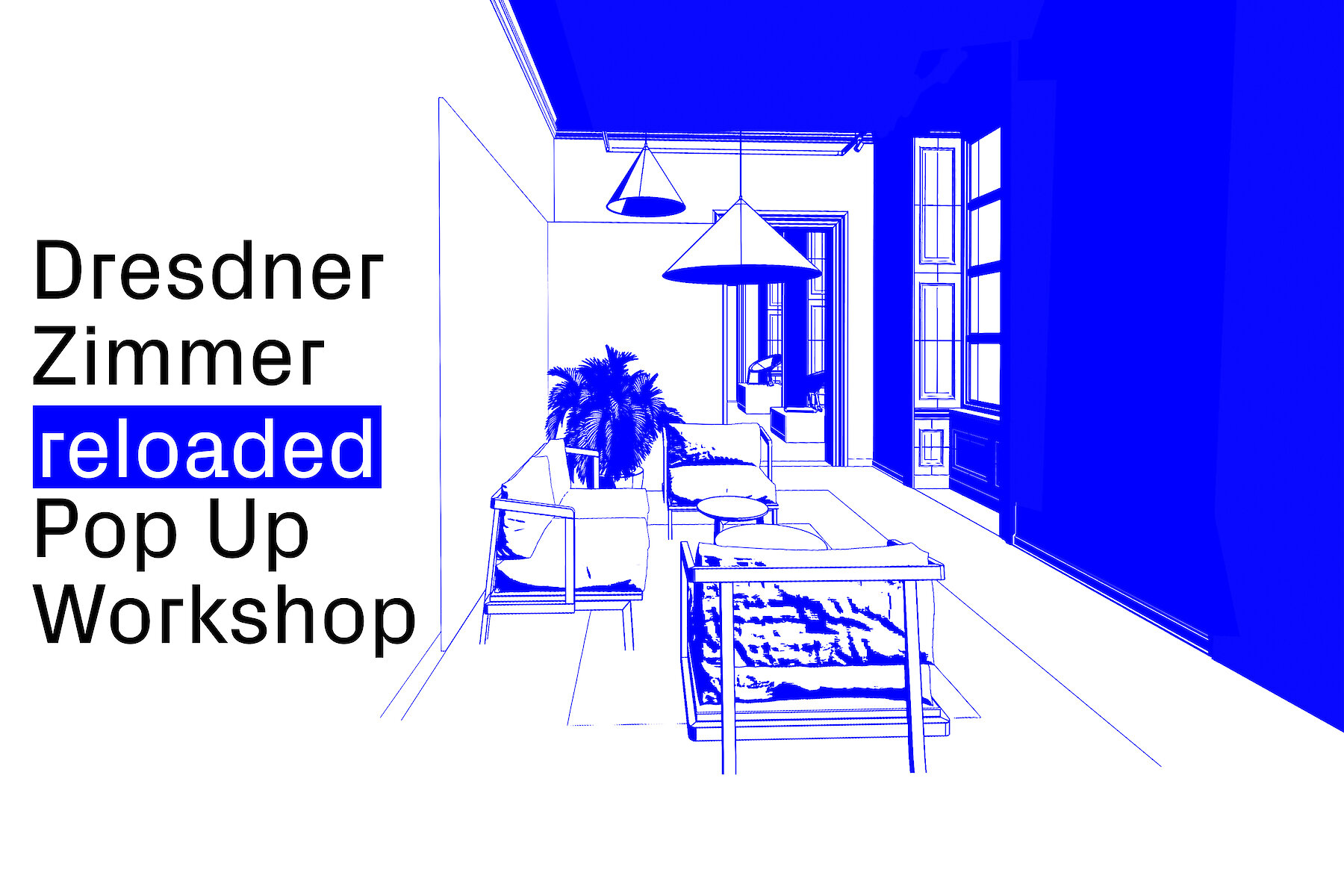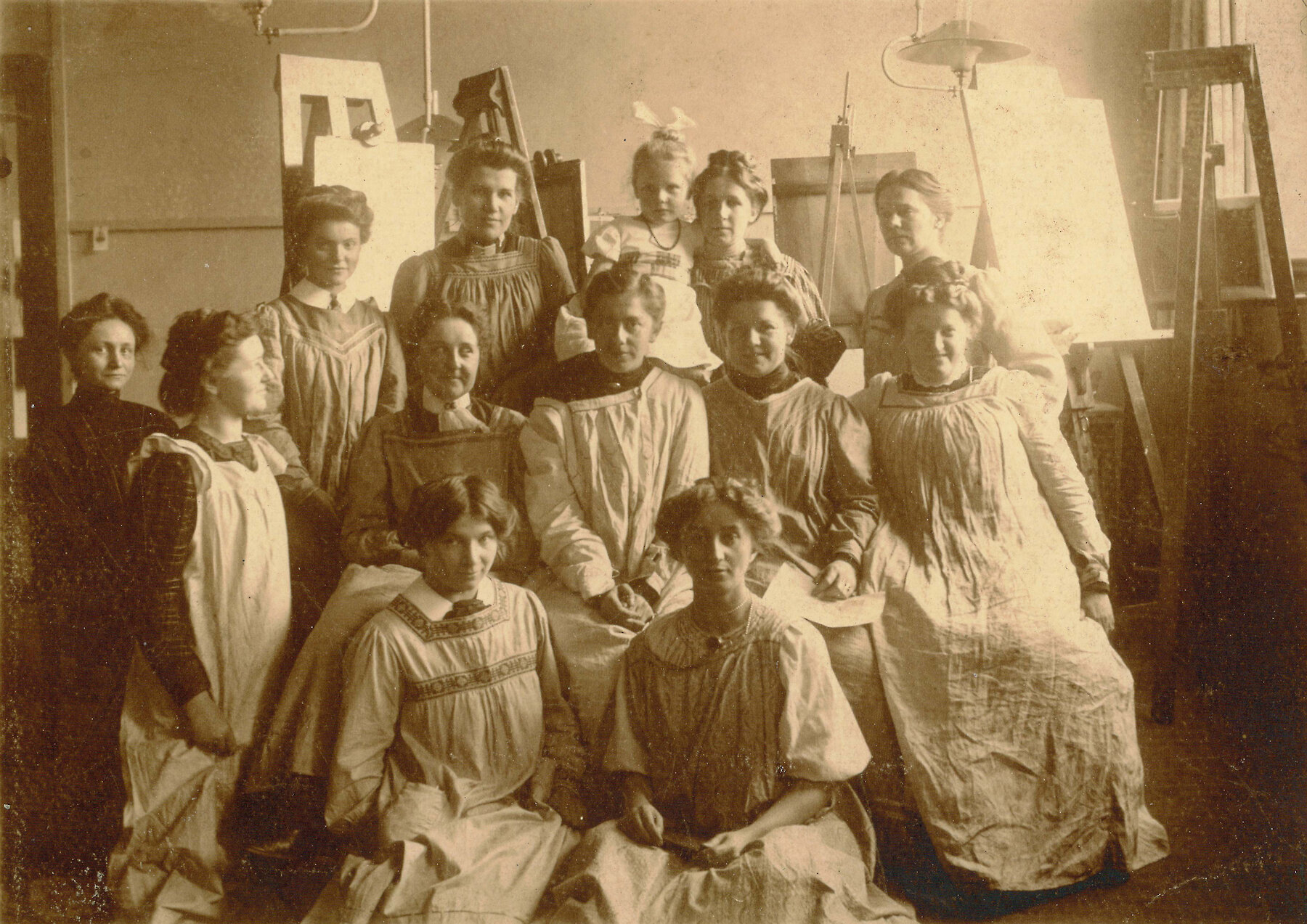Key research clusters include:
- Creating Rapid Response Curatorial Strategies
- Rethinking permanent collection displays
- Proposing new ways of collecting and exhibiting design
- Creating new opportunities/partnerships for the Museum
- Creating new modes of curatorial work
- Developing new types of collaboration among SKD museums
- Exploring new platforms for public interaction
- Serving as an incubator to develop new design projects within the digital strategy of the museum
The LAB will host a series of residencies, workshops, and partner events possibly leading to exhibitions, products or services, and publications. Its programme involves collaboration with local and international universities, companies, research institutions, scholars and partners from all over Germany and abroad.




![The Manifesto of Phyto-centred Design [texts: studio d-o-t-s, graphic design: Matthieu Visentin], 2020 Photo © Olly Cruise](/site/assets/files/1302/plant_fever_the_manifesto_of_phyto-centred_design_photo_c_olly_cruise-_studio_d-o-t-s_img_3476_-_horizontal_cut_low_res-1.1800x0.jpg?604bbfbf%201800w%201103h)



